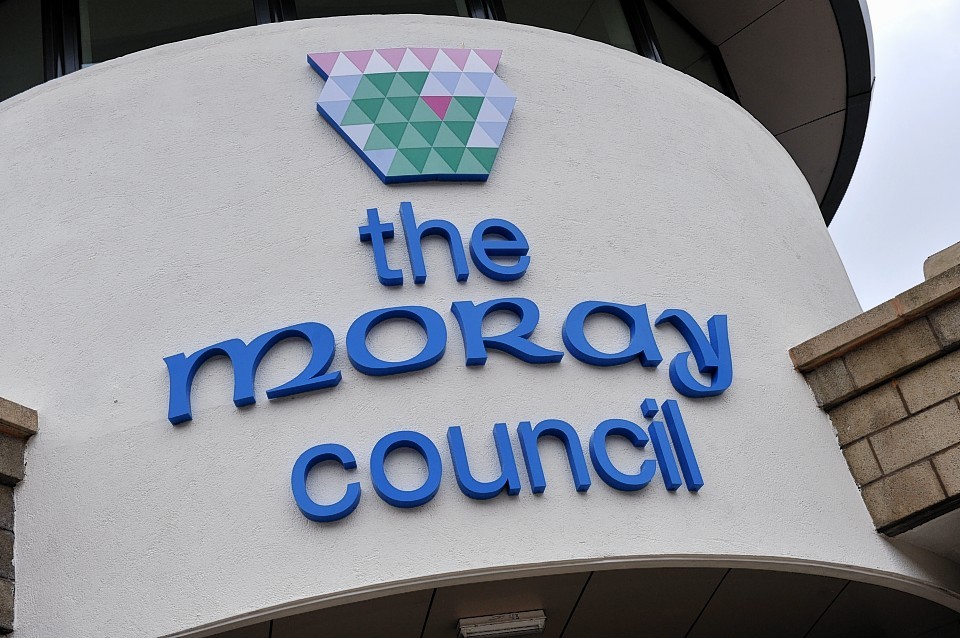Street lights in towns and villages across Moray will be replaced with more energy efficient technology as authority bosses warn of a stark financial future.
Councillors have agreed to allocate £5million of Moray Council’s financial capital plan to install LED lighting over the next five years.
Although the purchase cost of LED lights is higher, the council claim it will be a sound investment as they use less power – resulting in a reduced carbon footprint – and there will also be reduced maintenance costs.
The new lights have a lifespan of 80,000 to 120,000 hours, equivalent to 20 to 30 years if lit for eight hours a day.
It could save the council an estimated £540,000 a year on energy and maintenance costs.
Council convener Councillor Allan Wright said: “This is a very good example of spending now to save in the longer term and also underlines the council’s commitment to reduce its carbon emissions still further.”
Meanwhile, a stark warning has been issued to councillors this week that Moray Council will face difficult decisions for the foreseeable future as it strives to balance its books.
Corporate director Mark Palmer said that greater community engagement will play a key part in helping councillors and council officers achieve the necessary savings.
The council has registered budget savings of £24million in the past five years in the face of reduced government funding.
Mr Palmer stressed that the current arrangements for providing council services are unsustainable, and that they need to work together to identify “all possible options” for reducing costs in the years ahead.
Latest indications are that the council will need to find savings of £6.4million next year and a similar amount in 2017-18.
Mr Palmer added that a “substantial amount” of the council’s financial reserves – which currently stand at £21million – are likely to be required to help balance next year’s budget.
However, he cautioned that charges for council services may also have to rise.
“For 2015-16, the council agreed a standard 5% increase in charges, with exceptions,” he said.
“Further increases and the introduction of new charges will also need to be considered for all services which are not covered by external regulations.”
